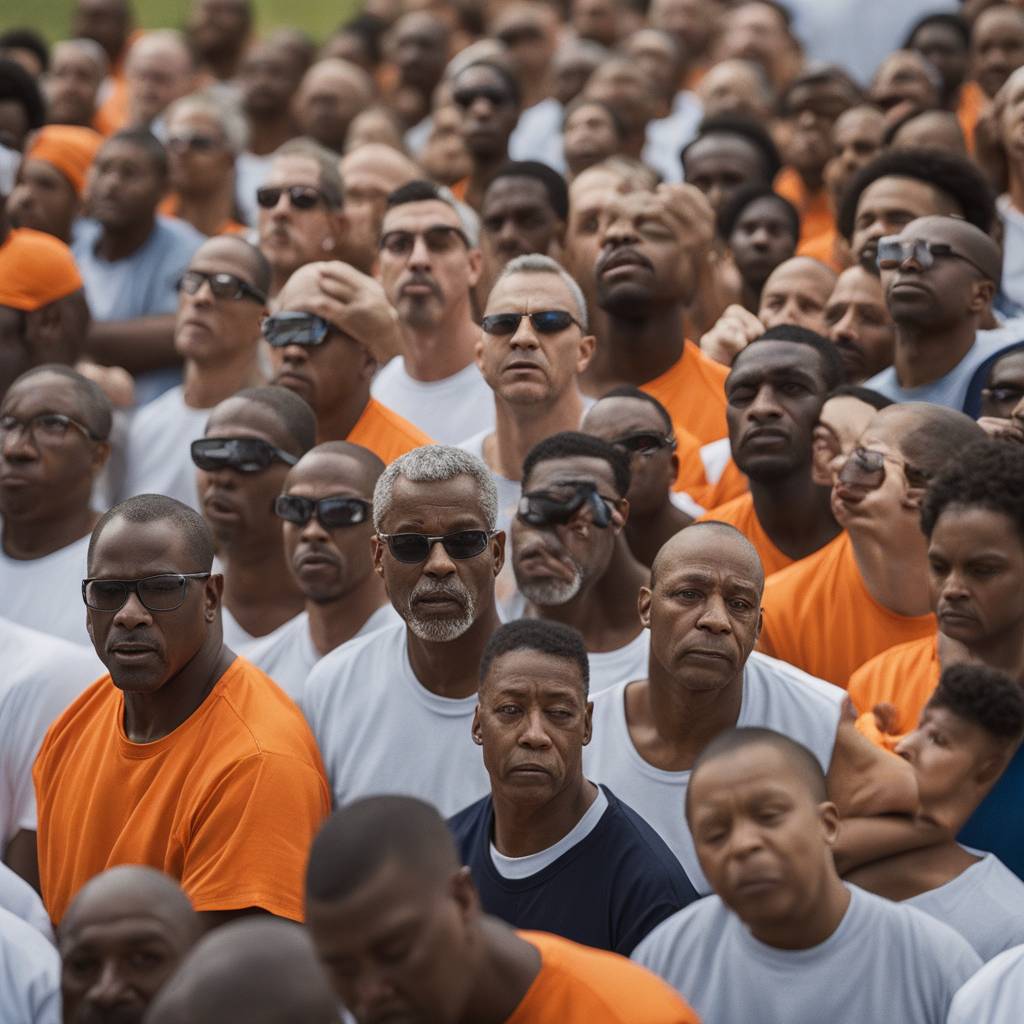On the day of the solar eclipse, millions of people across New York State are expected to witness this rare celestial event by looking up at the sky. However, inmates in the state’s prisons will not be able to do so as all prisons in New York were ordered to be locked down during the eclipse for safety concerns. In response, six inmates from Woodbourne Correctional Facility filed a federal lawsuit against the Department of Corrections and Community Supervision, arguing that denying them the opportunity to view the eclipse would violate their constitutional right to practice their religion.
The inmates come from varying religious backgrounds and believe that the upcoming solar eclipse is a religious event that they must witness and reflect on to observe their faith. One of the plaintiffs, Jeremy Zielinski, an atheist, believes that eclipses are special times to celebrate science, reason, and all things Atheism. After Mr. Zielinski’s initial request to view the eclipse was approved by prison officials with the provision of safety glasses, he learned that there were others in the prison who also considered eclipses religiously significant. He then requested that others be permitted to watch alongside him.
However, the state corrections department issued a statewide memo ordering a lockdown at all correctional facilities during the eclipse from 2 p.m. to 5 p.m. to ensure the safety of staff, visitors, and the incarcerated population. The inmates at Woodbourne Correctional Facility were informed that they will not be allowed outside except for emergency situations during this time, and visitation would end at 2 p.m. at all other prisons. Safety glasses would be distributed in facilities within the path of totality, but the reasons for additional safety precautions during the eclipse were not explained.
Following the lockdown announcement, the five other inmates who joined the lawsuit also sought permission to view the eclipse, but their requests were either ignored or denied by officials who claimed that the solar eclipse was not listed as a holy day for their religions. Some of the men expressed concerns that they might not witness the next total solar eclipse in the United States until 2044. The plaintiffs remain optimistic that the department will resolve the situation and allow them to view the eclipse in time, as the path of totality includes 29 counties in northern and western New York.








